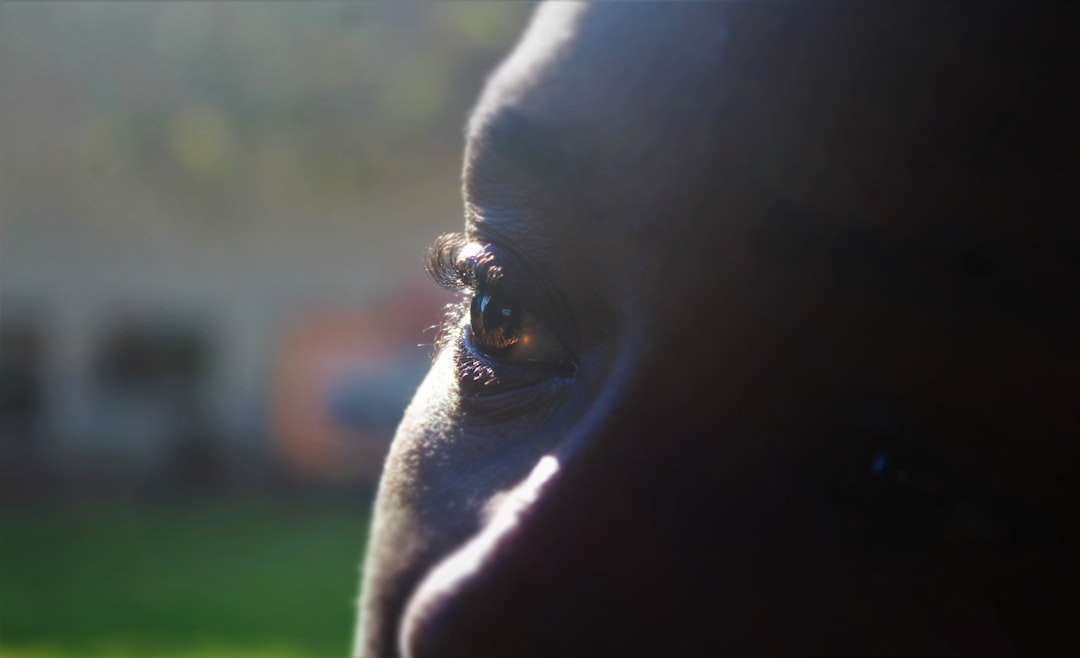The integration of surveillance technology in Missouri nursing homes, while aimed at enhancing safety and preventing abuse, raises ethical concerns regarding resident privacy, especially with vulnerable populations like the elderly. Balancing monitoring and preserving autonomy is critical, particularly for addressing issues handled by elderly sexual assault law firms in Missouri. Proper regulations, transparent practices, and data protection standards are essential to ensure resident well-being and respect for individual rights in these facilities.
In recent years, the use of surveillance technology in nursing homes has risen sharply, especially in Missouri. While these measures aim to enhance safety and security for vulnerable residents, they also raise significant ethical concerns. This article explores the legal and ethical framework surrounding surveillance practices in Missouri nursing homes. We delve into privacy issues affecting elderly residents, potential abuses, and best practices to balance safety with respect for resident rights. Furthermore, we discuss the role of an elderly sexual assault law firm in addressing these surveillance ethics challenges, particularly pertinent in Missouri.
The Rise of Surveillance in Nursing Homes

In recent years, the use of surveillance technology in nursing homes has seen a significant rise across the country, including Missouri. This trend is often driven by concerns over resident safety and the prevention of neglect or abuse. However, as digital privacy becomes an increasingly pressing issue, especially for our aging population, ethical considerations surrounding surveillance in long-term care facilities have come under scrutiny. With the help of advanced technology like hidden cameras and audio devices, nursing homes aim to monitor staff interactions with residents, ensuring quality care and addressing potential risks.
Yet, critics argue that excessive surveillance can infringe upon the privacy rights of both residents and caregivers, particularly when used without proper oversight or consent. This is especially relevant in cases involving sensitive matters such as personal hygiene, medical treatments, and even personal relationships, including allegations of elderly sexual assault, for which an elderly sexual assault law firm Missouri may be sought. Balancing the need for safety with respect for individual autonomy is a delicate task that requires attentive regulations and transparent practices within Missouri’s nursing homes.
– Exploring the increasing use of surveillance technology in Missouri nursing homes

In recent years, there has been a notable rise in the adoption of surveillance technology within nursing homes across Missouri, mirroring trends nationwide. This shift is driven by various factors, including concerns over resident safety, the prevention of abuse, and the management of care quality. However, as these high-tech solutions become more prevalent, ethical dilemmas emerge, particularly regarding privacy and the potential for misuse. With an increasing number of elderly residents in Missouri nursing homes, the delicate balance between monitoring and preserving their autonomy is a critical issue that demands attention, especially when considering cases related to elderly sexual assault law firms Missouri might encounter.
The expanding surveillance landscape in these facilities includes cameras, biometric sensors, and data analytics tools designed to track movements, detect unusual behavior, and monitor vital signs. While these measures aim to ensure the well-being of residents and prevent incidents like abuse or neglect, they also raise significant privacy concerns. The continuous monitoring can create a sense of insecurity among both residents and staff, impacting the trust necessary for effective care. Furthermore, as data is collected and analyzed, there’s a risk of personal information falling into the wrong hands, potentially leading to breaches in confidentiality that could be exploited, especially when dealing with vulnerable populations like the elderly.
– Legal and ethical framework surrounding surveillance practices

In Missouri, the legal and ethical framework surrounding surveillance practices in nursing homes is governed by state laws and professional guidelines designed to protect vulnerable residents. While certain forms of monitoring are necessary for ensuring safety and quality care, particularly in addressing issues like elderly sexual assault, these measures must be implemented with strict adherence to privacy rights. An elderly sexual assault law firm Missouri can highlight the importance of balancing security and privacy, emphasizing that surveillance should only be used as a last resort and under specific circumstances outlined by the state’s long-term care facilities regulations.
The ethical considerations involve striking a delicate balance between maintaining a safe environment and respecting individual autonomy. Surveillance practices must comply with stringent data protection standards to safeguard personal information from unauthorized access or disclosure. Additionally, residents and their families should be informed about surveillance systems in place, their purpose, and the limits on how the data is used. This transparency fosters trust and ensures that any potential violation of privacy is promptly addressed by relevant authorities and an experienced elderly sexual assault law firm Missouri.





